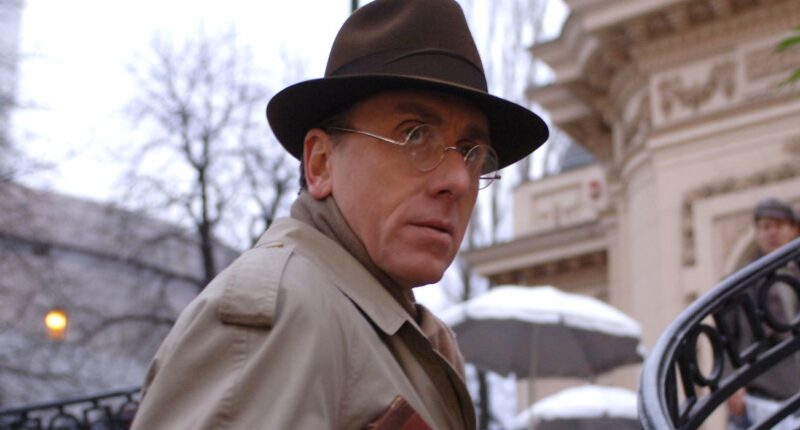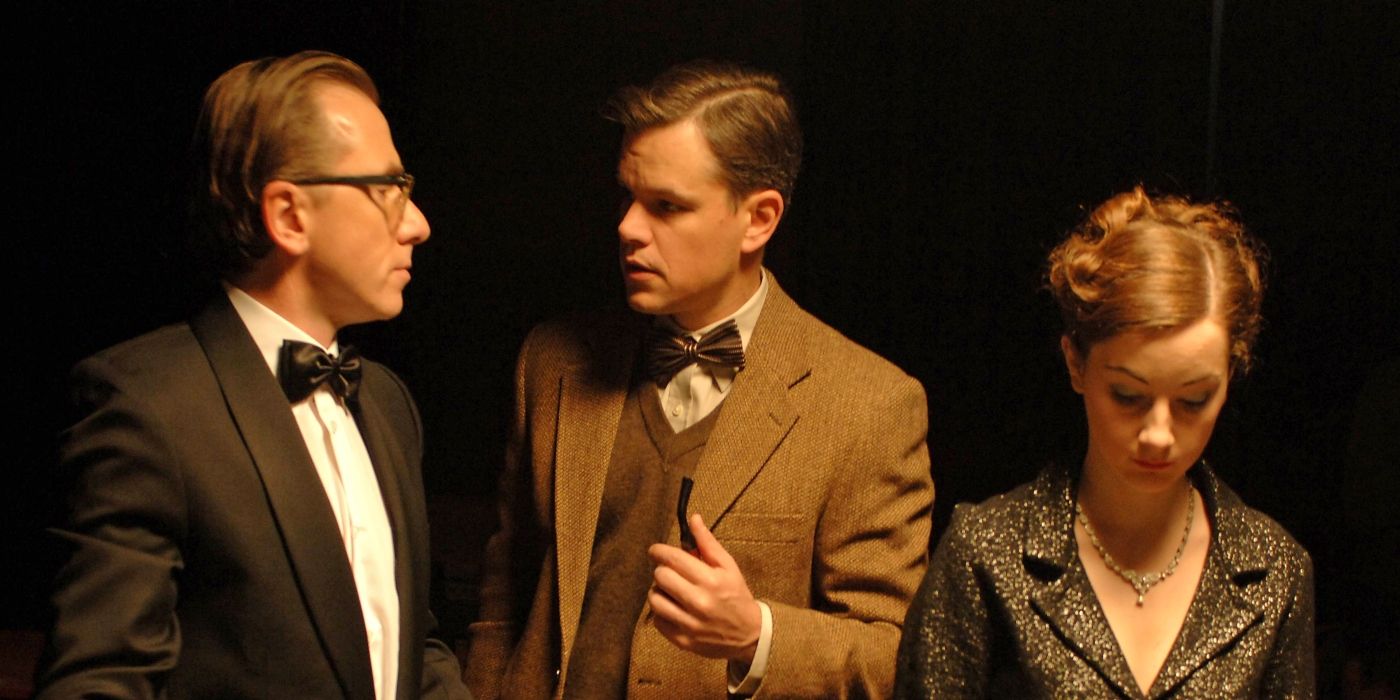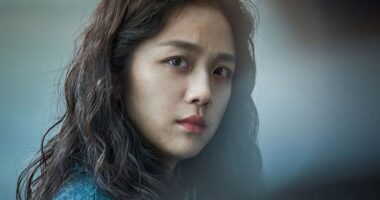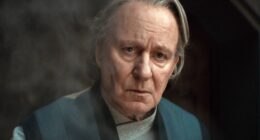Even if he had retired in 1979, Francis Ford Coppola would still probably be considered to be one of the greatest filmmakers of all time because of just how influential his early work was. Coppola had already made four films in a row that are ranked among the greatest ever made, undisputed masterpieces that had a sizable respect in their respective genres. The first two films in The Godfather franchise served as proof that gangster films could be perceived as prestige works of art, The Conversation tapped into the anxieties about surveillance that many Americans felt in the wake of the Watergate scandal, and Apocalypse Now became the definitive cultural statement about the Vietnam War.The success that Coppola earned from his early work allowed him to pursue more artistically minded projects later on in his career, including the bizarre fantasy film Youth Without Youth.
Although his 1980s were dominated by several films that went widely over budget and received more mixed responses from critics who had praised his earlier work, Coppola appeared to be on a significant comeback in the 1990s. The Godfather: Part III was a financial success (despite its middling reviews), and both Bram Stoker’s Dracula and The Rainmaker were praised, signifying a return to form for the great director. Although these were films produced within the studio system, Coppola has always had a strong independent streak. By combining fantasy, romance, adventure, and historical melodrama into one story, Coppola made the strangest film of his career with 2007’s Youth Without Youth.
What Is ‘Youth Without Youth’ About?
Loosely based on the novel of the same name by Mircea Eliade, Youth Without Youth centers on a 70-year-old professor of linguistics who is suffering from severe illness in 1938 during the days leading up to the dawn of World War II. Dominic Matei (Tim Roth) has spent the majority of his life searching for the origin of human communication, only to be met with jeers and backlash from those in his field. Knowing that his romantic advancements on his youthful underling Laura (Alexandra Maria Lara) will likely go ignored, Dominic decides to take his own life, thus putting an end to his research into the origin of language. However, a twist of fate involving a lightning strike leaves Dominic in the body of his younger self, where he discovers a newfound energy and passion for studying. This initial miracle is immediately disrupted when Dominic’s discoveries become a subject of fascination for the Nazi soldiers that are stationed in Romania, who become obsessed with finding a way to perform a similar procedure on Adolf Hitler himself.
Youth Without Youth is often quite surrealist, as Dominic often experiences several extended dreams about what his life could have looked like if he had made different choices. Given that he was already on his deathbed at the moment in which he was seemingly “cured” of his old age, the entire film may be part of an extended fantasy that Dominic had in the moments before he passed away. Coppola was able to make a gripping adventure movie with real emotional stakes, as the connection between Dominic and Laura becomes even more prominent in the latter half of the story when she is revealed to be a ghostly “other” who is initially invisible. While it was certainly an ambitious undertaking, those expecting an action-packed historical thriller from the director of The Godfather may have been disappointed by just how artistic and strange Youth Without Youth ended up being.
‘Youth Without Youth’ Is an Existential Masterpiece
Youth Without Youth is easily one of the most personal films of Coppola’s career, as it is not hard to see why he may have related to the character of Dominic. Dominic’s desire to return to the spirit of inventiveness that he had during his youth can be compared to Coppola’s desire to return to his roots in independent filmmaking, where he did not have the same pressure to appease studio-mandated notes. Despite having the outward appearance of being a younger man, Dominic is still an old soul who knows how history will play out, and thus feels a greater sense of dread and guilt as he continues on his mission. It’s perhaps most telling that at the end of the story, Dominic chooses to sacrifice the opportunity for humans to evolve for the sake of stopping a global genocide. Despite his flaws, Dominic is still positioned as a hero; this perhaps speaks to the noble intentions that Coppola had with the film.
Although the narrative may be confusing and the ending is somewhat ambiguous, Youth Without Youth is among the most viscerally engaging films that Coppola has ever made. The film was clearly inspired by the classic adventure films of the 1930s, yet utilizes the best of digital filmmaking to make every environment feel more realistic. The innovations that Coppola made to create visual effects were quite impressive, especially considering that Youth Without Youth did not have the same sizable budget that blockbusters like the Star Wars or Pirates of the Caribbean franchises would have had around the same time.
Did ‘Youth Without Youth’ Lead to ‘Megalopolis’?
Coppola would later cite Youth Without Youth as a “test” that prepared him for future work due to the process of unusual rehearsal patterns and in-camera visual effects work. While acknowledging that the potential for the film to be successful was quite low, Coppola saw Youth Without Youth as a means of experimenting with technology that could eventually be applied to his epic Megalopolis, a passion project that he had been developing for decades. Megalopolis often feels like the culmination of Coppola’s artistic hubris, but fans of his work owe it to themselves to check out Youth Without You because of how radically different it is compared to anything else in his career thus far.
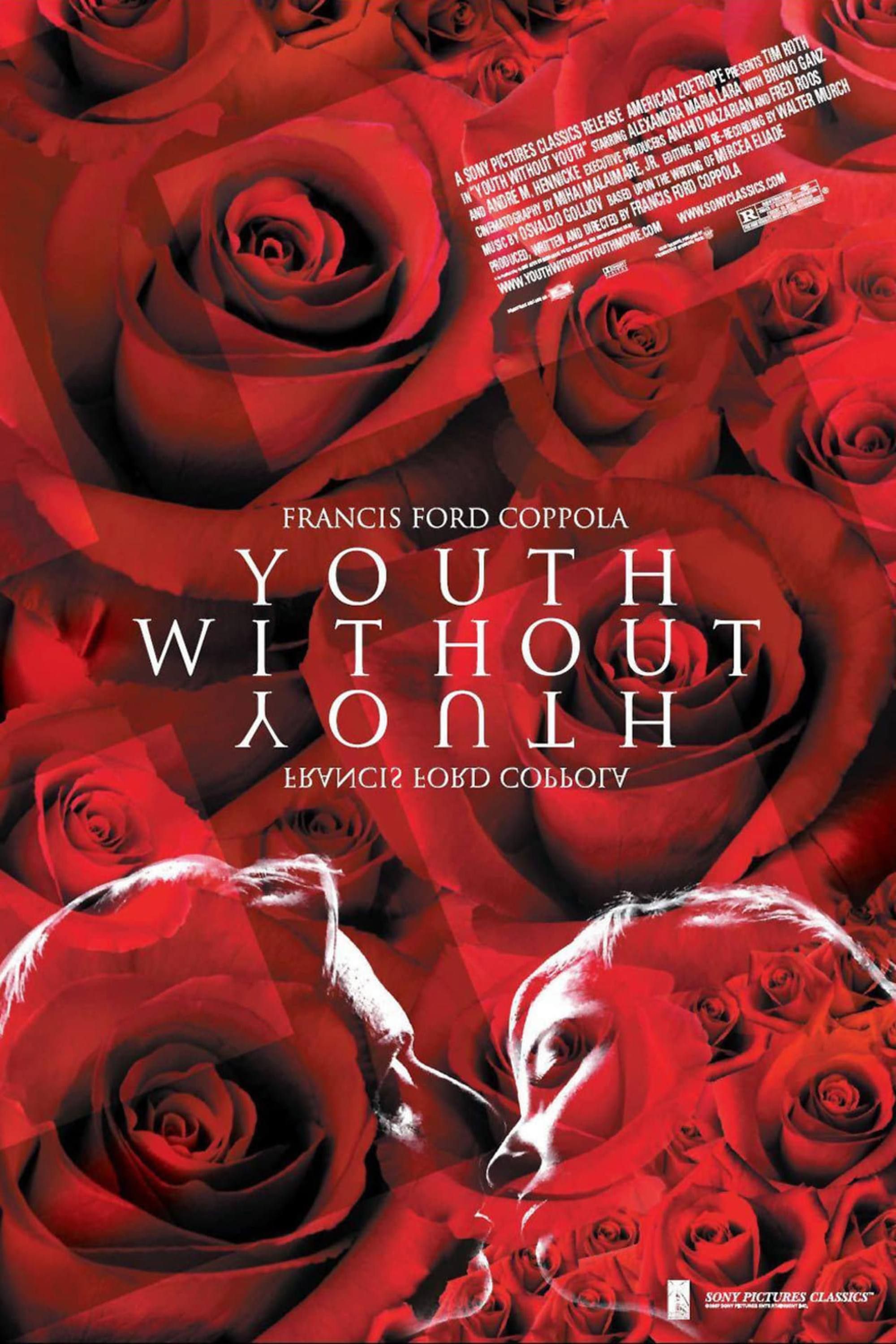
Youth Without Youth
Youth Without Youth is a film directed by Francis Ford Coppola, based on the novella by Mircea Eliade. Set before World War II, it follows the story of Dominic Matei, a linguistics professor who is struck by lightning and mysteriously becomes decades younger. As his intelligence and abilities increase, he finds himself on the run from Nazi agents while unraveling profound philosophical questions of life, consciousness, and human history.
- Release Date
- October 26, 2007
- Director
- Francis Ford Coppola
- Cast
- Tim Roth , Alexandra Maria Lara , Bruno Ganz , André Hennicke , Marcel Iures , Adrian Pintea
- Runtime
- 125 minutes
Youth Without Youth is streaming on Prime Video in the United States.
Watch on Prime Video
